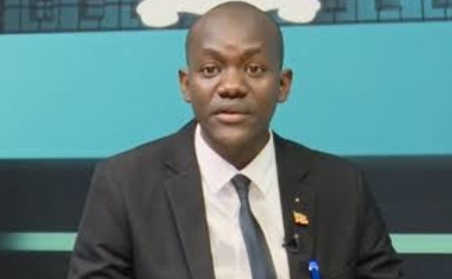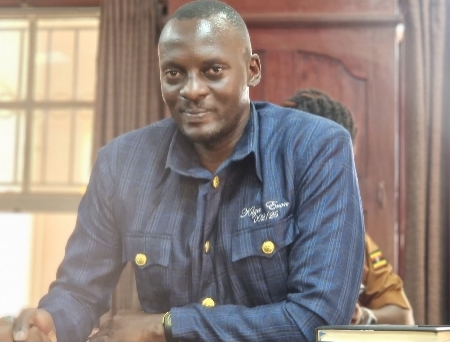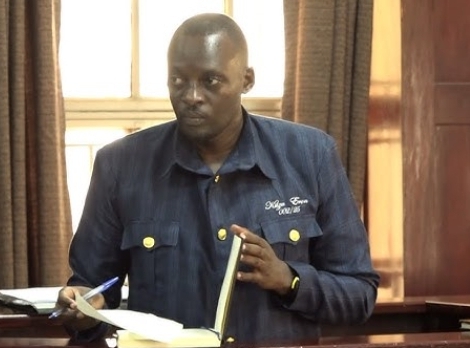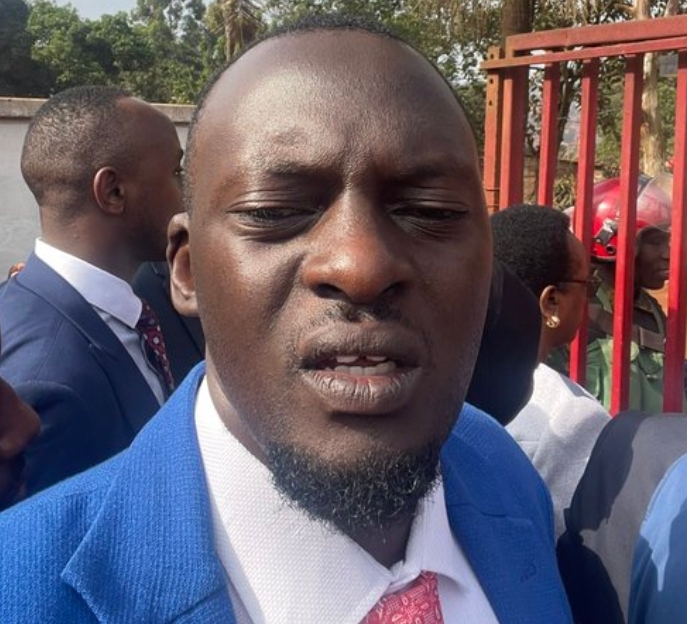Renowned human rights lawyer Steven Kalali has taken legal action against the Ugandan government, filing a petition with the East African Court of Justice (EACJ) to overturn a nine-month jail sentence handed to fellow attorney Eron Kiiza. The sentence, issued by the Uganda People’s Defense Forces (UPDF) General Court Martial on January 7, 2025, has sparked debate over judicial independence and fair trial standards.
The controversy began when Kiiza, known for representing high-profile opposition figures like Dr. Kizza Besigye, clashed with Brigadier General Freeman Robert Mugabe, the Court Martial’s chairperson, during a court session. Reports indicate that Kiiza’s arrest was ordered after he was allegedly obstructed from defending his clients, leading to accusations of contempt of court.
Kalali’s petition, filed at the EACJ’s Kampala Sub-Registry, argues that the arrest and subsequent sentencing violated Kiiza’s right to a fair hearing and due process. He contends that Kiiza was convicted without being informed of specific charges or given an opportunity to present a defense. The lawyer described the sentencing as a violation of both Ugandan law and the East African Community (EAC) Treaty.
“This case is a clear breach of fundamental rights. Kiiza was denied his legal protections, which not only undermines his rights but also sets a worrying precedent for the judiciary,” Kalali said in his submission.
Kalali’s petition highlights that Uganda’s actions contravened Articles 6(d), 7(2), and 8(1)(a)(c) of the EAC Treaty, which obligate member states to uphold human rights, democratic principles, and the rule of law. The petition calls for the EACJ to annul Kiiza’s sentence and issue measures to prevent similar occurrences in the future.
The arrest has also raised concerns about its broader implications on judicial independence and the treatment of lawyers, particularly those representing opposition leaders. Kalali argues that the disruption caused by Kiiza’s arrest delayed proceedings for his clients, further denying them access to justice.
Kiiza’s case echoes a pattern of allegations against Uganda’s judiciary, with critics pointing to an erosion of fair trial rights and targeted actions against opposition figures. For instance, in December 2024, Besigye and other activists filed a separate case at the EACJ, accusing Uganda and Kenya of orchestrating unlawful arrests and trials that violated international law.
The Attorney General of Uganda, named as the respondent in Kalali’s petition, has 45 days to respond to the claims. The EACJ’s decision on the matter is expected to set a critical precedent for the protection of legal practitioners and the enforcement of rule-of-law principles in East Africa.
As the case unfolds, international observers are closely watching its implications for Uganda’s human rights record and the broader regional commitment to justice and accountability.
23 total views , 1 views today




























